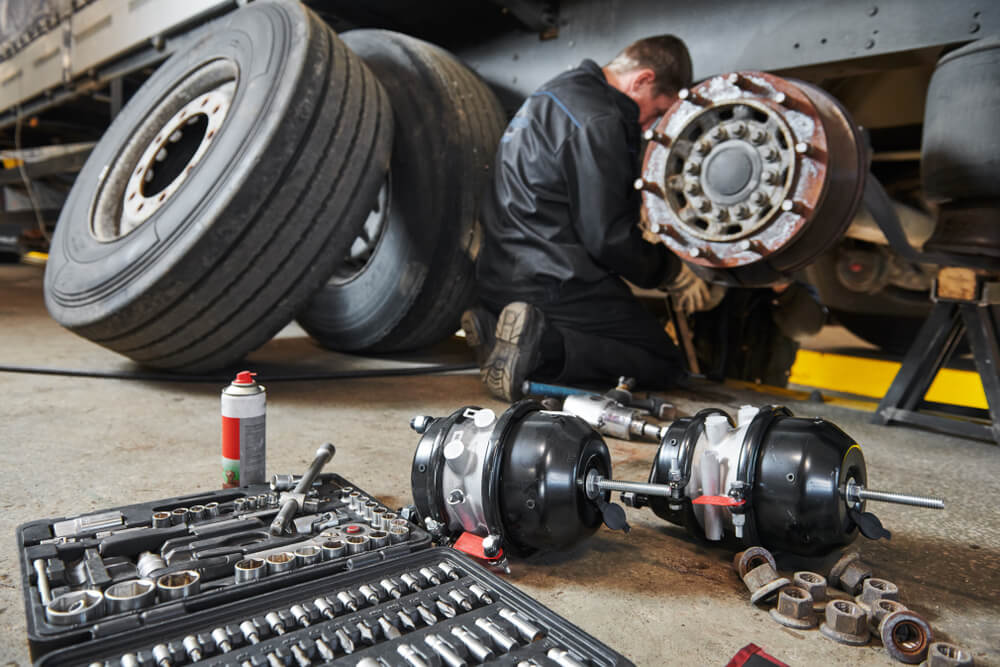
Leaders from Phillips Connect, SAF-Holland, and Velvac spoke of characterization of 2022, Rob Phillips (founder and CEO of Phillips Connect, CEO of Phillips Industries): “We learned how to wear our dancing shoes”. COVID-19, supply chain and workforce challenges, and geopolitical uncertainty have taught the industry to be resilient.
The takeaway from the “Real World View” session: Resilience will be critical to business success going forward, as challenges remain and change is always imminent.
China Doesn’t Hold the Cost Advantage
SAF-Holland’s Jones said China has been a difficult place to do business since COVID, and trade has been challenged by container costs and tariffs.
Phillips said they shifted manufacturing to SE Asia & Australia and set up in Vietnam to avoid tariffs, adding that “everything is about moving closer and reducing inventories.”
Mexico Beats Costs
Phillips discussed how his decision to open a manufacturing facility in Mexico in 2007 is “probably the best decision” of his 20-year career.
“We don’t have labor issues—we have people that line up [for work],” Phillips said. “So, we’ve gone from a 32,000-sq. ft., 70-person plant to a half-million square feet now, and close to 1,700 employees… It is the cleanest factory that we have anywhere in the world…”
According to Porter, Mexico is a great choice due to its availability and cost of labor, proximity to customers, and mature supply base. Jones noted that almost 50% of North American commercial trucks and several trailer brands are built in Mexico.
Microchip Supply Concerns
Moderator Shaw hesitantly queried the panel about microchip supply. Jones said, “It’s slightly better for all of us…but there still are shortages” Phillips suggested that the main chip problem is China’s government-mandated shutdowns closing factories.
Looking to What the Future Holds
Shaw concluded the questions by inquiring what the panelists were most anxious or enthusiastic about in 2023.
Phillips expressed that canceled orders could reduce their backlog, while Porter expressed concern over potential supply chain issues caused by COVID. Jones was glad for the increased demand for vehicle and aftermarket parts but apprehensive that the Federal Reserve rate could strangle inflation. This industry is known to overextend itself when the economy is doing well, resulting in a fluctuation of up to 50%.
Source:
https://www.fleetowner.com/equipment/article/21258947/truck-parts-suppliers-on-2023-plans











Leave a Comment